Health dept’s budget slash leaves PHCs dry of vital drugs
Most health centres are turning away patients; members of JAA reach out to CM for a quick solution to the problem
Lately, doctors at Velha Rural Hospital are having to sheepishly tell patients who are getting admitted here or at the outpatient department that they will have to buy their own medicines. Doctors are facing a tough time because the 30-bed hospital, located 50 kms from Pune, has run out of essential medicines in the supply room. Of the vital 81 drugs that they ought to have at all time, the hospital is just left with 18 in limited quantities. The facility last received drugs from the state in the first week of February, and understandably, the limited stock will also run dry.
Dr N B Pardeshi, medical officer, at Velha Rural Hospital, said, “We have been facing a shortage for over two-and-a-half months. The last stock received in February was less than half of what we had asked for. We have to turn to PHCs nearby to top up our limited stocks.”

District hospitals and health centres are facing a similar problem
The state health department that runs these hospitals in rural areas hasn’t procured medical supplies in weeks. This is the result of the annual budget for the department having been considerably slashed.
Members of Jan Arogya Abhiyan (JAA), a network of NGOs working in the healthcare sector, wrote a detailed letter to the chief minister of Maharashtra, health minister and bureaucrats working in the health department about the dismal state of affairs in rural hospitals and health centres on Friday.
In the letter, JAA has stated that the annual budget has been cut by 10 per cent for the year 2018-19 as compared to the previous year. In 2017-18, the amount set aside in the state budget for public health and medical education was Rs 13,579 crore. However, the letter states, this has been brought down to Rs 12,192 crore in 2018-19. The letter also underlines that in 2017- 18, an amount of Rs 471 crore was set aside for purchase of medicines, which has now been brought down to Rs 367 crore.
“We have come to understand that that money set aside for purchase of medicines this year will be used to pay off bills from the previous year. Only 50 per cent of the limited funds allocated this year will actually be used for purchase of medicines,” the letter written by JAA states.
The team of doctors that works extensively in the area of public health had in December 2017 staged a protest during the winter session of the assembly. Back then they had been assured that the problems would soon be addressed. The letter states that till date none of the problems highlighted by them have been resolved.
“This is a serious problem. As a result of the prevalent situation adequate medicines will not be bought (for the rural hospitals and far-flung health centres). Similarly, if vendors supplying medicines to the state are not paid in time, a Gorakhpur-like situation might arise in Maharashtra,” the letter urges.
The condition of state-run medical establishments in rural areas has been accurately captured by the JAA letter. The problem is not limited to hospitals in rural areas but also in district hospitals. Take the case of Aundh District Hospital, which caters to the entire Pune district, where Mirror found out that some of the medicines are out of stock. The hospital has now been authorised to make purchases locally, with limited funds. In an ideal situation, the state procures medicines for all the medical establishments and then distributes them.
Dr RK Shelke, civil surgeon, Aundh District Hospital said, “We are getting complaints from rural hospitals and PHCs regarding shortage of medicines. For the time being, we have started allotting them funds to purchase medicines locally.” As for his own establishment, he added, “Here the situation is better as we have made arrangements for some drugs by procuring them locally. Only a few are out of stock.”
Dr Sanjeev Kamble, director, public health department, attributed the problem to rising population and increasing number of patients coming to state-run institutes due to improving facilities. “We are aware of the situation. The stock in most government hospitals and institutes is exhausted. We have conducted several meetings to discuss the problem at hand and find a solution. For now, 150 tenders have been floated to tackle the crisis. The situation should ease over the next few days. We have also given local establishments directions to procure medicines and supplies locally,” he said.
As for limited funds allocated for purchase of medicines this year, Dr Kamble said, “We have a provision to increase the sum in case of emergencies.”
Lately, doctors at Velha Rural Hospital are having to sheepishly tell patients who are getting admitted here or at the outpatient department that they will have to buy their own medicines. Doctors are facing a tough time because the 30-bed hospital, located 50 kms from Pune, has run out of essential medicines in the supply room. Of the vital 81 drugs that they ought to have at all time, the hospital is just left with 18 in limited quantities. The facility last received drugs from the state in the first week of February, and understandably, the limited stock will also run dry.
Dr N B Pardeshi, medical officer, at Velha Rural Hospital, said, “We have been facing a shortage for over two-and-a-half months. The last stock received in February was less than half of what we had asked for. We have to turn to PHCs nearby to top up our limited stocks.”
The hospital at Velha is not an exception. All the district and rural hospitals, and public health centres across the state are facing a similar problem.

District hospitals and health centres are facing a similar problem
The state health department that runs these hospitals in rural areas hasn’t procured medical supplies in weeks. This is the result of the annual budget for the department having been considerably slashed.
Members of Jan Arogya Abhiyan (JAA), a network of NGOs working in the healthcare sector, wrote a detailed letter to the chief minister of Maharashtra, health minister and bureaucrats working in the health department about the dismal state of affairs in rural hospitals and health centres on Friday.
In the letter, JAA has stated that the annual budget has been cut by 10 per cent for the year 2018-19 as compared to the previous year. In 2017-18, the amount set aside in the state budget for public health and medical education was Rs 13,579 crore. However, the letter states, this has been brought down to Rs 12,192 crore in 2018-19. The letter also underlines that in 2017- 18, an amount of Rs 471 crore was set aside for purchase of medicines, which has now been brought down to Rs 367 crore.
“We have come to understand that that money set aside for purchase of medicines this year will be used to pay off bills from the previous year. Only 50 per cent of the limited funds allocated this year will actually be used for purchase of medicines,” the letter written by JAA states.
The team of doctors that works extensively in the area of public health had in December 2017 staged a protest during the winter session of the assembly. Back then they had been assured that the problems would soon be addressed. The letter states that till date none of the problems highlighted by them have been resolved.
“This is a serious problem. As a result of the prevalent situation adequate medicines will not be bought (for the rural hospitals and far-flung health centres). Similarly, if vendors supplying medicines to the state are not paid in time, a Gorakhpur-like situation might arise in Maharashtra,” the letter urges.
The condition of state-run medical establishments in rural areas has been accurately captured by the JAA letter. The problem is not limited to hospitals in rural areas but also in district hospitals. Take the case of Aundh District Hospital, which caters to the entire Pune district, where Mirror found out that some of the medicines are out of stock. The hospital has now been authorised to make purchases locally, with limited funds. In an ideal situation, the state procures medicines for all the medical establishments and then distributes them.
Dr RK Shelke, civil surgeon, Aundh District Hospital said, “We are getting complaints from rural hospitals and PHCs regarding shortage of medicines. For the time being, we have started allotting them funds to purchase medicines locally.” As for his own establishment, he added, “Here the situation is better as we have made arrangements for some drugs by procuring them locally. Only a few are out of stock.”
Dr Sanjeev Kamble, director, public health department, attributed the problem to rising population and increasing number of patients coming to state-run institutes due to improving facilities. “We are aware of the situation. The stock in most government hospitals and institutes is exhausted. We have conducted several meetings to discuss the problem at hand and find a solution. For now, 150 tenders have been floated to tackle the crisis. The situation should ease over the next few days. We have also given local establishments directions to procure medicines and supplies locally,” he said.
As for limited funds allocated for purchase of medicines this year, Dr Kamble said, “We have a provision to increase the sum in case of emergencies.”
You Might Also Like
GALLERIES View more photos
















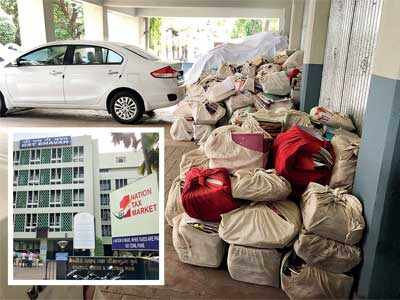
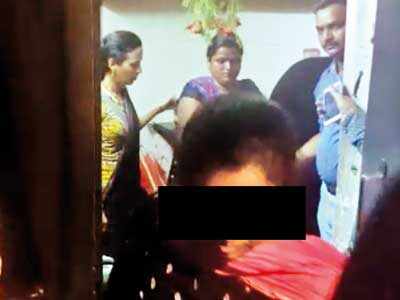
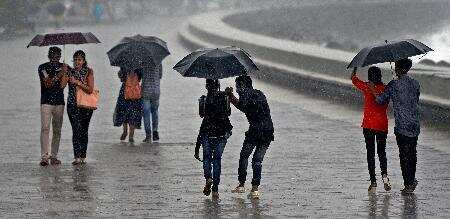


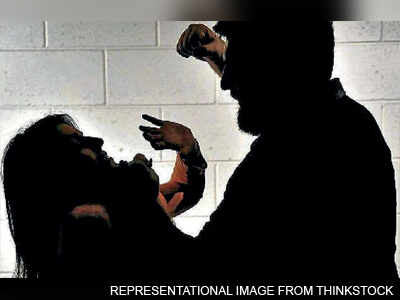
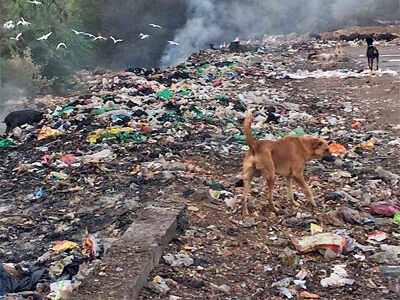

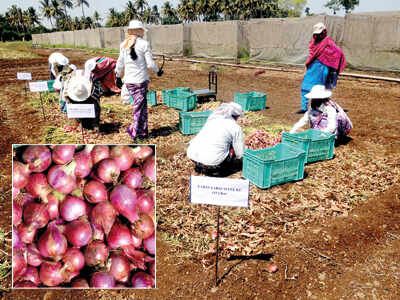

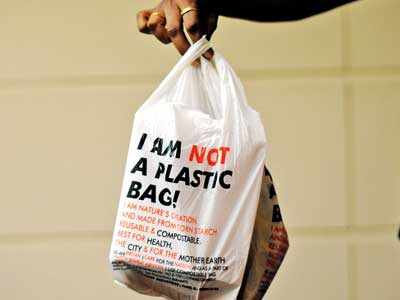
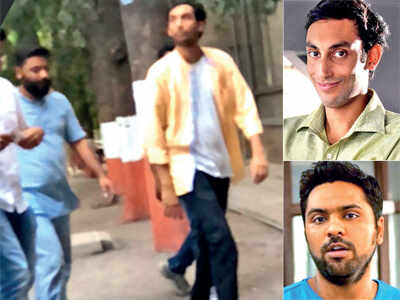
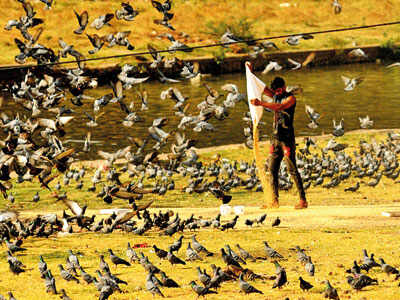
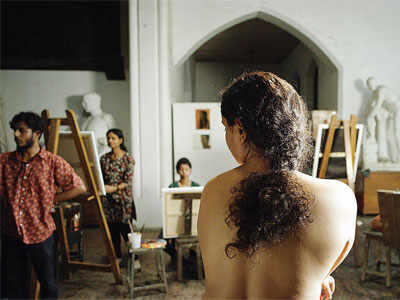
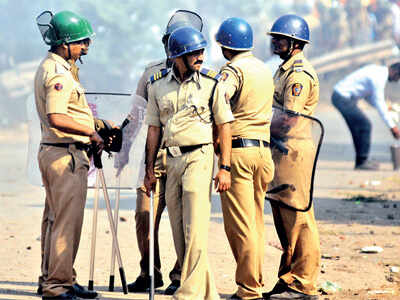
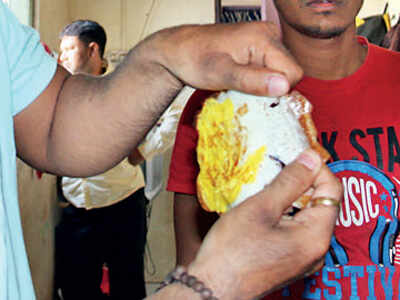
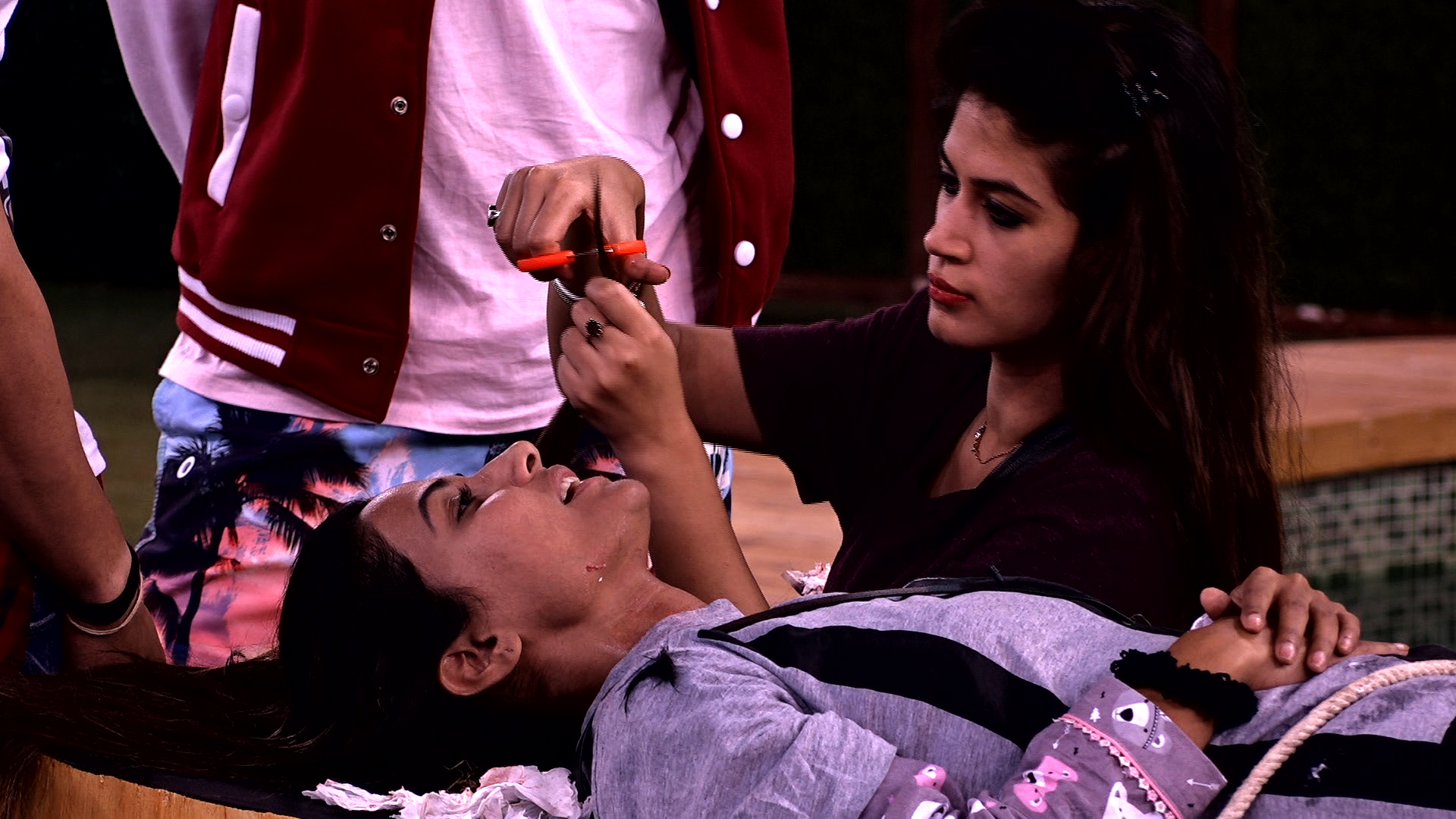
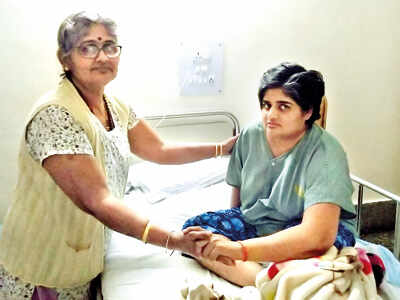
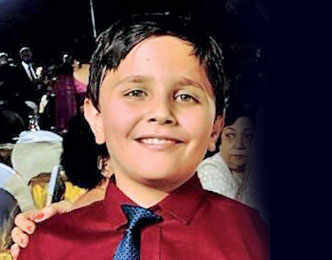
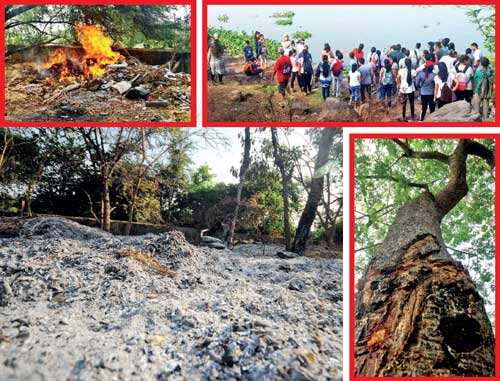

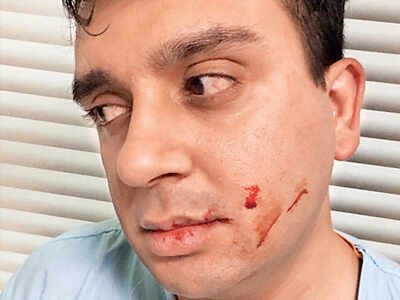
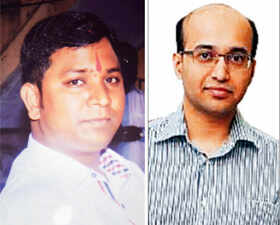
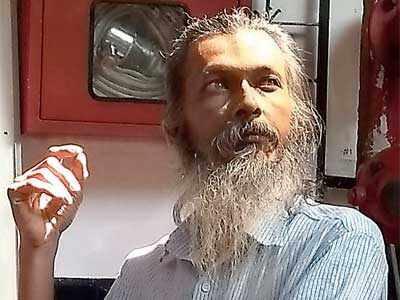

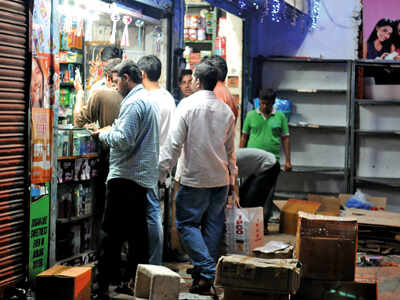
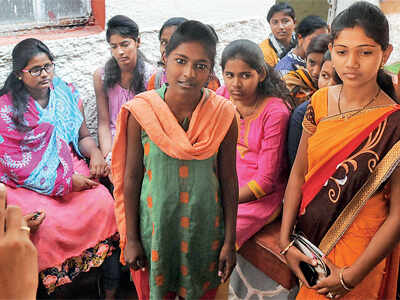
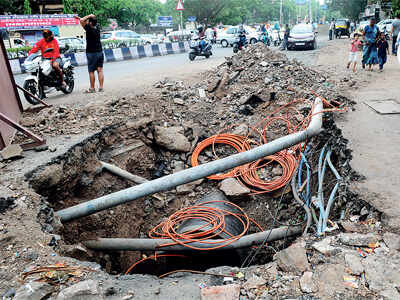
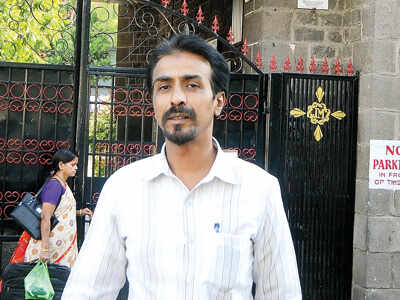
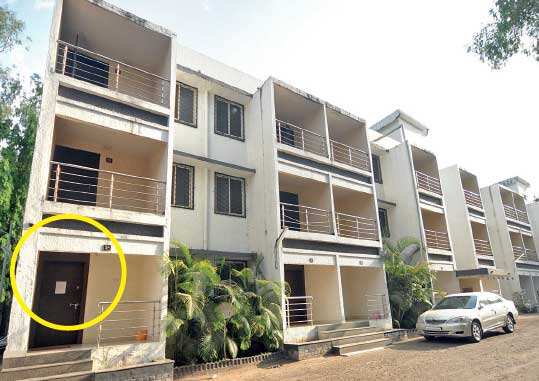
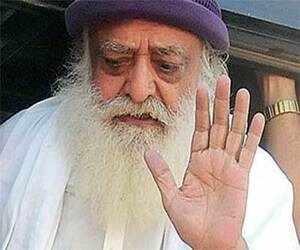
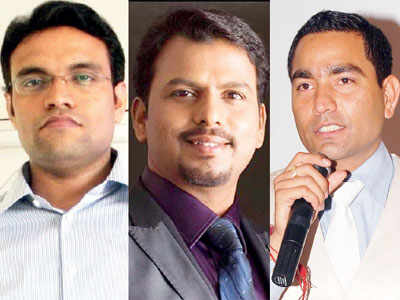
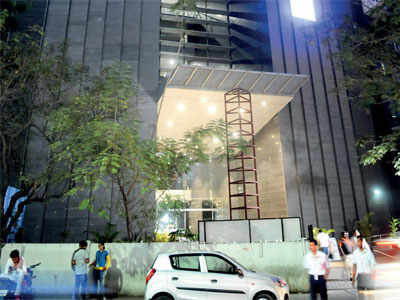
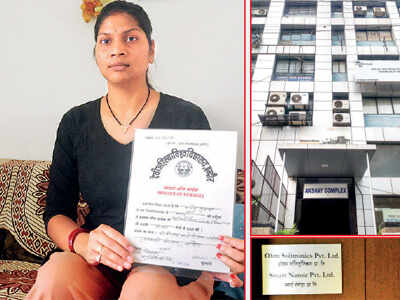
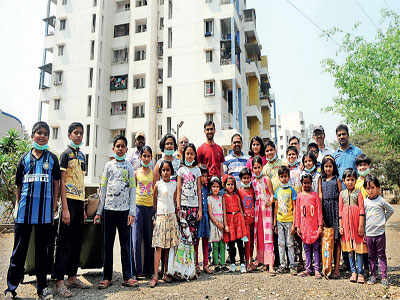
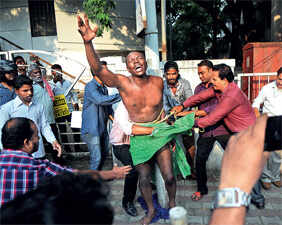

Recent Messages ()
Please rate before posting your Review
SIGN IN WITH
Refrain from posting comments that are obscene, defamatory or inflammatory, and do not indulge in personal attacks, name calling or inciting hatred against any community. Help us delete comments that do not follow these guidelines by marking them offensive. Let's work together to keep the conversation civil.